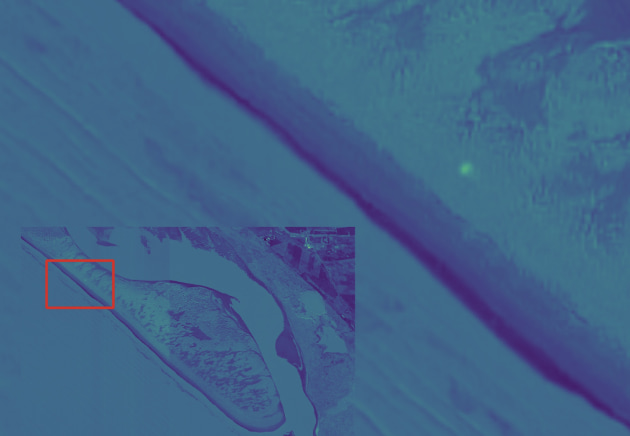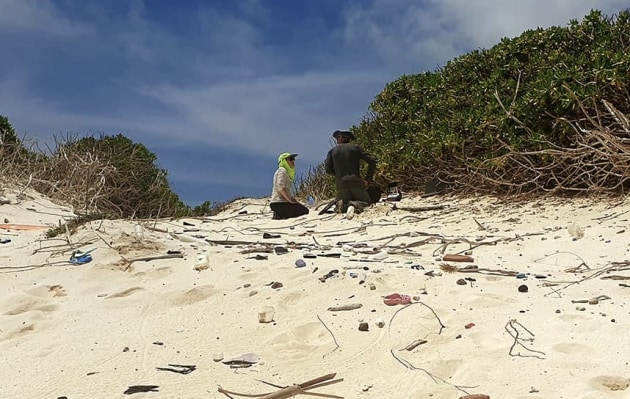Researchers at RMIT University have developed a new method for detecting plastic waste on beaches, successfully field-tested on a remote stretch of coastline.

The satellite imagery tool identifies differences in light reflection among sand, water, and plastics, allowing for the detection of plastic waste from over 600 km above.
While satellite technology has been effective in tracking plastic floating in oceans, it has faced challenges in identifying plastic on beaches, where it can blend with the sand. The new method, detailed in the Marine Pollution Bulletin, offers an effective solution for spotting plastic waste, enabling cleaner and more efficient removal efforts.

Study lead author, Dr Jenna Guffogg, highlighted the environmental impacts of beach litter, “Plastics can be mistaken for food, larger animals become entangled, and smaller ones, like hermit crabs, become trapped inside items such as plastic containers.”
The Beached Plastic Debris Index (BPDI), developed by the research team, is a spectral index that sorts reflected light patterns to reveal the presence of plastic debris. Dr Mariela Soto-Berelov, a co-author of the study, noted the index’s superior capability in distinguishing plastic from both water and sand in coastal environments.
“This is incredibly exciting, as up to now we have not had a tool for detecting plastics in coastal environments from space,” said Soto-Berelov. “Detection is a key step needed for understanding where plastic debris is accumulating and planning clean-up operations.”

The BPDI was tested by placing 14 plastic targets on a beach in southern Gippsland, Victoria. The satellite images captured using the BPDI were compared with three existing indices, demonstrating the BPDI's enhanced effectiveness in identifying plastic litter.
Dr Guffogg, who conducted the study as part of her joint PhD research at RMIT and the University of Twente, is now involved in the geospatial mapping industry. She received support through an Australian Government Research Training Program scholarship.





